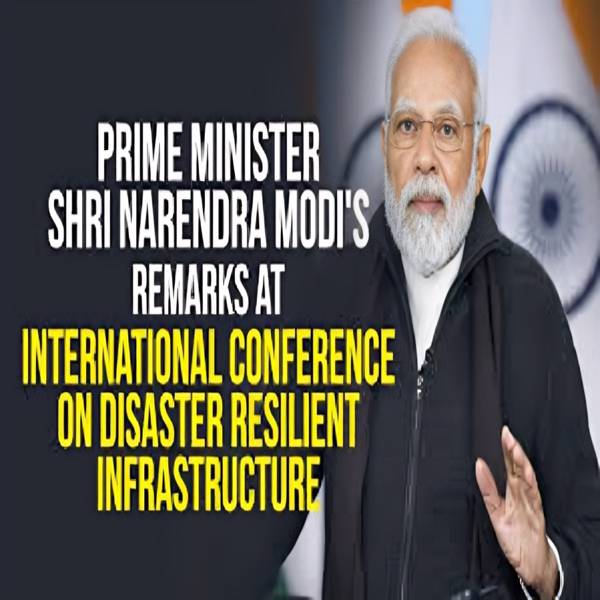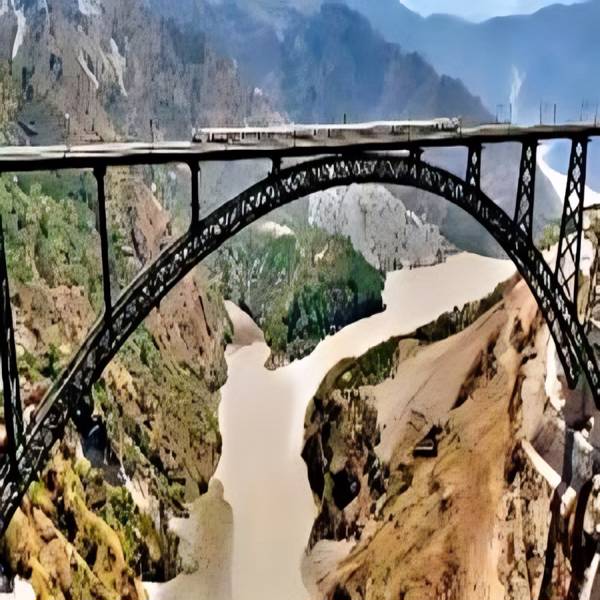WhatsApp Vs. India: Messaging Giant Threatens Exit over Encryption Clash
WhatsApp, owned by Meta, threatens to pull out of India if forced to weaken its user privacy protections.
Our position is clear: if the court mandates compromising encryption, WhatsApp will be forced to cease operations in India. (lawyer for WhatsApp, Delhi High Court)
WhatsApp and its owner Meta (formerly Facebook) went to court in India to fight the government’s new rules for social media platforms. These rules require WhatsApp to track chats and identify who started a message.
In February 2021, the Indian government established the Information Technology (Intermediary Guidelines and Digital Media Ethics) Rules. These rules apply to major social media platforms like Twitter (now X), Facebook (now Meta), Instagram, and WhatsApp.
WhatsApp, known for its secure messaging with end-to-end encryption, is in a legal battle with the Indian government. The government’s new rules threaten this encryption, which WhatsApp argues violates user privacy rights. To protect its users’ confidentiality, WhatsApp challenges a specific rule (Rule 4(2) of the intermediary guidelines) in court.
The Indian government is pushing for new regulations allowing authorities to trace the source of information on social media. This comes after a surge of misinformation during the COVID-19 pandemic. The government believes this ability to track information origin is crucial for effectively tackling fake news and hate speech. They argue that by identifying the source, they can take swift action to manage and control the spread of harmful content.
WhatsApp’s lawyer argued that no other country, including Brazil, enforces a similar rule. Implementing this would require storing every message indefinitely because it’s impossible to predict which ones need decryption. This raises concerns about massive data storage and potential privacy risks.
The Delhi High Court has postponed its decision on the case until August 2024. This hearing will also consider similar petitions challenging the IT Rules that have been filed in other High Courts across India, effectively merging them into a single case.



